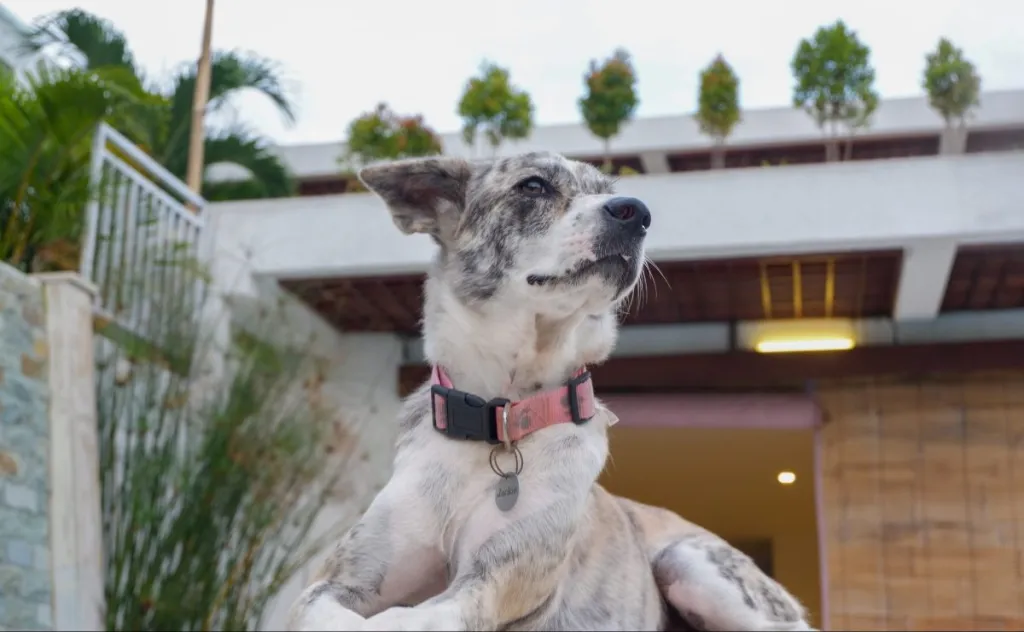Inheriting a dog from a beloved family member or friend is a big responsibility. While offering a home to a dog in need is generous, taking on someone else’s pet requires preparation and adjustment for all. Here are key steps to help make the transition smooth when inheriting a new canine companion.
Learn the dog’s routine
The first priority is gathering information about the dog’s current lifestyle and care. Ask the previous parents (if possible) details about the dog’s typical daily schedule including:
- Feeding times and diet
- Potty breaks and walking schedule
- Favorite toys and activities
- Training status and known commands
- Crate training or free roaming
- Regular grooming routines
- Veterinarian and any medications
Follow the existing routine as closely as possible, at least initially, to help provide consistency for the dog.
Prepare your home
Dog-proof your home before bringing home your newly inherited furry friend. Have essentials like food and water bowls, collar and leash, bed, and crate set up and ready to go.
Clean up any hazardous objects and secure cords or toxic materials out of reach. If you have other pets, arrange separate spaces for feeding and acclimate them slowly. Your goal is making your environment safe and welcoming.
Schedule a vet visit
One of the first things to do is schedule the dog for a full wellness check-up with your veterinarian. Transfer medical records from the previous owner. Discuss any questions or concerns about the dog’s health and care needs.
Have the vet do a baseline exam to ensure all is well. They can advise you on diet, exercise needs, and age-appropriate health screening tests to run. Establishing a relationship with your new vet is key.
Learn the dog’s personality
Spend time getting to know your inherited dog’s unique personality traits and quirks. Assess their sociability, activity level, toy preferences, commands known, and behavioral challenges like anxiety.
Observe cues for hunger, needing to potty, desire for playtime or affection. The more insights you gain, the better you can cater to the dog’s needs. Go slowly and let the dog warm up to you in their own time.
Begin bonding
Forming a secure human-canine bond takes effort and patience. Start by keeping interactions relaxed, consistent and positive. Reward desired behaviors with praise, treats or play. Practice basic cues like sit, stay, and name recognition.
Take the dog on sniff walks to explore the neighborhood at their own pace. Engage them in favorite games and quality one-on-one time. Look for activities you both enjoy to find ways to connect.
Introduce gradually to new people/animals
If you have other pets at home, introduce them slowly and safely to the new dog. Keep early interactions separated by gates or crates. Exchange scents first by swapping toys and blankets.
Closely supervise meetings on neutral territory. Be prepared to intervene if there are signs of fear, guarding, or aggression from either animal. Introduce the new dog gradually around new people as well.
Adjust to your routine
Over time, as you and the dog bond, you can begin transitioning them to integrate with your household’s routine. Transition slowly to the type of food, walking schedule, or style of training you prefer.
Be patient as the dog gets used to new ways of doing things. Keep communicating and showing them what you expect. Make the adjustments in small, rewarding steps.
While inheriting a dog takes effort, the payoff of offering a loving home to a canine in need is priceless. Follow these steps to help make the transition smooth for all. With time, care, and training your new furry friend will settle happily into their forever home.
Inheriting a dog may not be best for you or the dog
In some instances, inheriting a dog may not be the ideal situation due to finances or your current living conditions. “Although it is important to honor the wishes of those who pass, it is critical that any arrangement ultimately be good for all the living creatures involved,” Find Law states. “If you have inherited a pet or are considering what arrangements to make for yours, speak to an estate attorney.”









